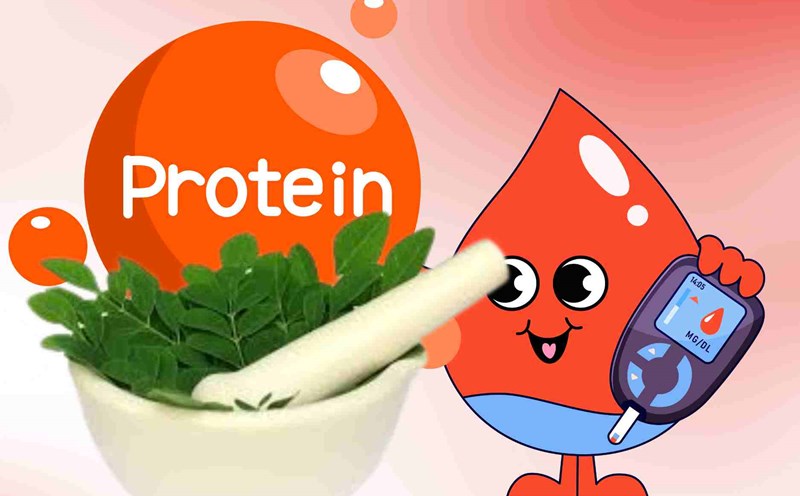Factors that determine the speed of protein digestion
After consumption, the protein needs to be broken down and used for 7-8 hours. This process begins in the stomach, where acids and digestive enzymes convert proteins into smaller amino acid chains. After that, the small intestine continues to "dividend" into a single amino acid, absorbed into the blood to nourish cells, develop muscles and maintain vital functions.
However, the duration of protein in the body is not fixed. It changes due to many factors:
Protein: Protein from red or processed meats often takes more time to break down than plant protein.
Metabolic rate: People with a fast metabolism will absorb and metabolize protein more effectively.
Activity level: Highly active people tend to digest protein faster.
Age and digestive health: As we age, the digestion rate slows down, especially if we have intestinal diseases.
Stress: Mental stress can reduce the ability to absorb nutrients, including protein.
Protein is not stored directly by the body like fat or carbohydrates, says Dr. Qin Rao, a clinical nutritionist at Columbia University, USA. The body uses them immediately to build tissue or convert them into energy. If there is an excess, the protein will be converted into fat or glucose".
Eating too much protein: beneficial or harmful?
Protein plays an essential role in the formation of muscles, enzymes and hormones. However, consuming too much protein can lead to health risks.
According to the recommendation in the US, adults need about 0.8 grams of protein per kg of weight per day. High-intensity practitioners may need more, but if they exceed the threshold, the body will not only not take advantage of it but also suffer the consequences:
kidney damage: Especially in people with pre-existing kidney disease.
kidney stones: Eating more animal protein increases the risk of stonework.
Heart risk: Red meat is rich in saturated fat, which can increase bad cholesterol.
Rectal cancer: Some studies have shown a link between red meat consumption and this risk.
Protein is important, but not as much as good, emphasizes Dr. Nancy Rodriguez, professor of nutrition at the University of Connecticut, USA. The new balance of animal, plant and active lifestyle protein is the key to long-term health."
Protein stays in the body for an average of a few hours, from digestion to converting to amino acids and feeding cells. The specific time depends on the type of food, age, health status and lifestyle. A balanced diet, diverse protein sources and reasonable combination of exercise will help the body maximize the benefits of this nutrient.











